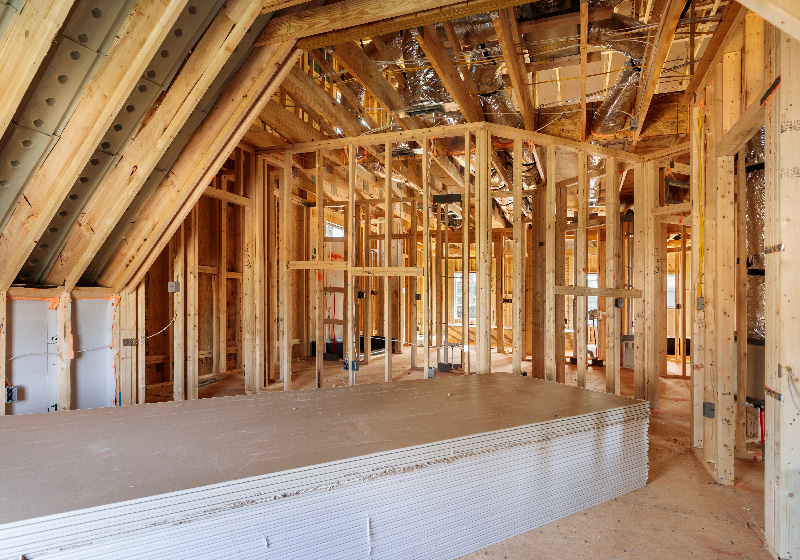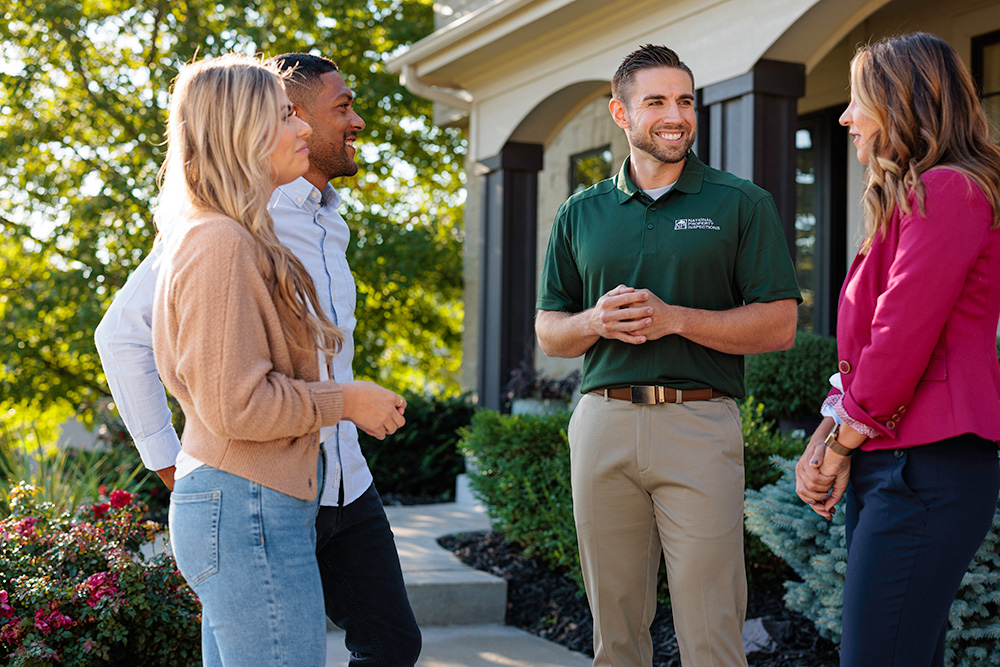In the world of property inspections, one of the most common industry adages is “no home is perfect.” From excessive mold to roofs nearing the end of their lifespan, it’s a rare occasion when a home inspector walks through a home and doesn’t discover a substantial issue worth addressing before closing a sale. Homeowners across the country are undoubtedly thankful for the problems (both big and small) they became aware of thanks to their buyer’s inspection, but there’s one common misconception that leaves many new homeowners with avoidable headaches.
The Misconception: New Homes Don’t Need Inspections
Many home buyers mistakenly believe that if they’re buying a newly constructed home, they don’t need to order a home inspection. The truth is, brand new homes are not immune to major problems, issues that can accumulate into costly repairs down the road or lead to inconvenient downtime without key home systems functioning. To understand why new homes also benefit from a buyer’s inspection, let’s delve deeper into how a home is built and explore some of the common issues inspectors find in newly constructed houses.
Inspections Throughout Construction
Throughout a new home’s construction, building code inspectors employed by the city or municipality periodically visit the building site to review progress and ensure compliance with local and federal regulations. These inspectors focus on specific building codes during construction and have the authority to halt the project if those codes aren’t followed.
During construction, there are two notable times when a separate home inspector can be brought in to ensure the home isn’t encountering issues that the contractor’s quality control or the building code inspector might have missed:
Since building code inspectors review key systems individually throughout construction, and reputable builders have their own quality control processes, some contractors and real estate agents might advise against ordering home inspections for newly constructed homes. However, this advice can be misleading.
Why New Homes Still Need Inspections
The reason newly constructed homes still need a home inspection boils down to the distinction between building code inspectors and home inspectors, and what each looks for.
Building Code Inspectors:
- Review specific aspects of a home during each visit.
- Often manage a large workload, covering many homes in a short time.
- Inspections can sometimes be influenced by relationships with builders.
Home Inspectors:
- Trained to comprehensively assess every home feature.
- Consider all aspects of the home and identify safety concerns and potential maintenance issues.
- Provide an unbiased perspective for informed home buying decisions.
During every home inspection, something substantial and worth addressing is inevitably uncovered, because (as the saying goes) no home is perfect, not even brand-new ones.
Common Issues Found in New Homes
The list of issues found in newly constructed homes is just as long and varied as it is for resales. Every home is unique, and even experienced inspectors encounter new and unexpected problems. Here are a few common examples:
Recommendations for New Homeowners
Even if you opted to forgo a buyer’s inspection, it’s still recommended to schedule a home inspection before your builder’s warranty expires (typically twelve months after construction). Contact your local National Professional Inspections (NPI) home inspector to learn more about builder’s warranty inspections and ensure your builder addresses any necessary repairs under warranty.
By understanding the limitations of building code inspections and the value of a comprehensive home inspection, you can make informed decisions throughout the home buying process, even for newly constructed homes.
Contact your local NPI inspector to assist with all of your property inspection needs!



